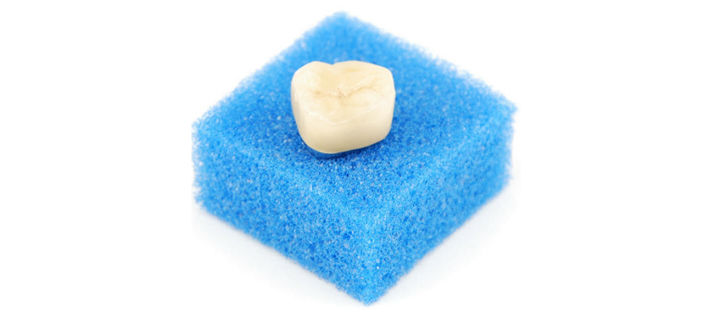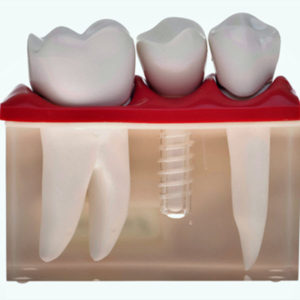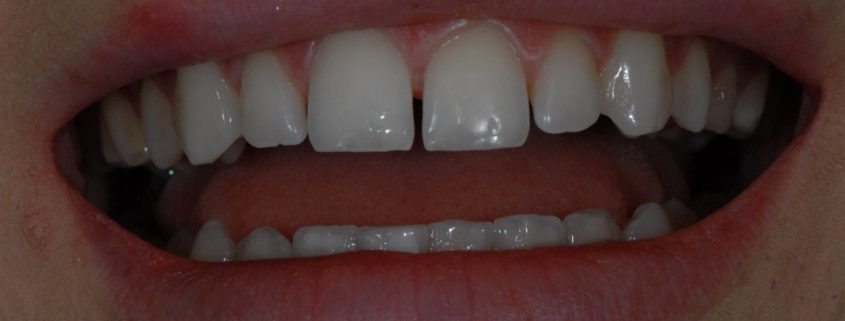Dental crowns have a reputation as being nothing more than an expensive filling. However, a dental crown is far more protective than a standard filling and can ensure the structural integrity of a tooth in ways that a standard filling cannot. Here’s why and when dentists will recommend the use of dental crowns.
Full coverage treatment
Dental crowns are designed to fit over the entirety of your tooth, providing an all-over protection. Alternatively, fillings are designed to protect a small part of your tooth, usually a spot where decay or other damage has put your tooth at risk of further deterioration.
Both dental crowns and fillings are useful for keeping your teeth healthy but the complete covering of the tooth involved with having a dental crown fitted means that they offer a special kind of protection to the tooth.
Cavity size and dental crowns
If you have a small amount of damage to your tooth, such as a small cavity, a filling may be the best option. However, if the cavity is large, a crown is likely to be a better solution. This is because a filling replaces the damaged piece of tooth, which is drilled away before the filling is placed. If too much tooth is decayed and needs to be removed by drilling, it can affect the structural stability of the remaining tooth. In these instances, a dental crown is recommended.
With a crown, there is no risk to the structure of the tooth because the entire tooth is encased inside the crown, protected from the force of chewing. The crown acts like a splint that holds the sides of the tooth together so that even if a large area is affected by decay, the structural integrity of the tooth can be maintained.
How your dentist decides which option is best
The first thing your dentist will consider when assessing whether a dental crown or filling is required is the size of the cavity in need of repair. If the cavity is small, the dentist will usually suggest a filling. If the cavity is large or on a part of the tooth that makes it difficult to treat without weakening the tooth, the dentist will likely suggest a dental crown.
Of course, a filling could be used in the instance of a larger cavity, but your dentist will assess the likelihood of problems occurring later should the tooth weaken. Your dentist will usually recommend the best treatment option to ensure long lasting protection for your teeth.



 When it comes to oral health, there are always many questions. Here are the answers to the top 10 most commonly asked oral heath questions:
When it comes to oral health, there are always many questions. Here are the answers to the top 10 most commonly asked oral heath questions:
